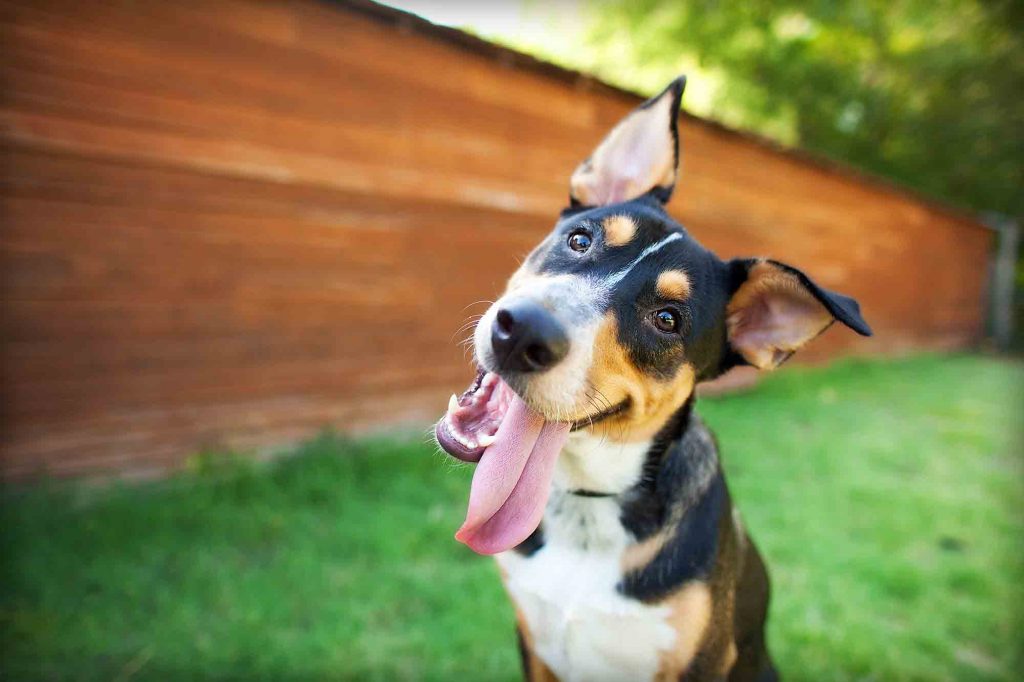Smooth and Safe: The Many Ways to Prepare Your Pet for a New Baby
 If your precious pet is about to play second fiddle to a squirming, crying human baby, he or she might not have the best reaction. After all, your pet was your first baby, and now you’re going to upset the perception that he or she is the center of your universe.
If your precious pet is about to play second fiddle to a squirming, crying human baby, he or she might not have the best reaction. After all, your pet was your first baby, and now you’re going to upset the perception that he or she is the center of your universe.
If you have visions of a happy family life complete with a cat’s purr or dog’s wagging tail, don’t worry. There are many ways you can prepare your pet for a new baby. Achieve household harmony by continuing to place your pet’s happiness, security, and health at the top of the list.
Will it Work?
It’s natural to worry about how your pet is going to react to a new baby, but visions of a happy toddler and your pet playing together will hopefully overrule any doubts. Indeed, many pets fall in love with babies just as we do (and even strive to protect them from any real or imagined harm), but it might not happen overnight.
Sensory Overload
A cat or dog will invariably be confused by the sight of a new baby, but the new sounds and smells can be downright overwhelming. Plus, changes to the household routine can trigger a deeply unsettled feeling in an animal who’s used to sleeping the entire night.
Plan for the Unexpected
It’s ideal to prepare your pet for a new baby as soon as you know you’re expecting. Help your pet transition in the following ways:
- Make an appointment – Make sure your pet is current on vaccinations and parasite prevention. If your pet needs some training, also make sure you have enough time to address this beforehand.
- Basic obedience – Jumping, barking, whining, trying to escape (don’t forget the microchip!), and destructive behavior can be very unsafe around an infant (and during pregnancy). Your dog must be able to follow directions to sit, heel, get down, stay, and leave it.
- New routine – A pet accustomed to sharing the bed, stretching out in the backseat, or hanging out in the spare-bedroom-turned-nursery must learn new rules. Make these changes before the baby arrives so your pet doesn’t give you resistance later on.
- New stuff – Encourage your pet to smell new gear, diapers/wipes, lotions, toys, and playmats in advance, and offer lots of praise. This will allow your pet to create positive associations with all things baby before the big day. Try your best to keep all smaller items out of reach of your pet, all the new and tiny accessories can be appealing to them but can also pose definite choking and swallowing hazards for your pet.
- Introduce friends – If your pet hasn’t been around babies or kids before, invite some over. Supervise closely, and ensure the experience is a happy, satisfying one.
- Stay neutral – When introducing your pet to your new baby, do it somewhere else besides the home (i.e., your pet’s territory). A neutral location will help your pet understand your new baby. When you bring everyone home, pay extra attention to your pet’s needs.
- Don’t force it – At first, many pets avoid babies. Don’t force your pet to interact with your baby; let things develop naturally.
- Supervise Your Pet – As your baby grows, your pet will likely become more curious, but their unpredictable movements and sounds can still be confusing. Don’t assume your pet will be easygoing and gentle. Instead, simply be supportive with constant supervision.
- Supervise Your Baby – just as your pet becomes more curious about baby, your baby may start to become more interested in your pet! Be sure to closely supervise any and all interactions to avoid having your baby crawling on your pet, pulling on tails, waking them up suddenly – all moments that could create a dangerous situation for your baby. Never leave your baby unattended with your pets, no matter how great your pets are as you just never know how either pet or baby might react to one another.
- Jealousy – your pet may become jealous of all the new attention your baby requires. Be sure to make time for just your furry babies so they don’t feel left out and as your child grows, teach them how to be polite and appropriate with all pets to avoid bites and scratches.
- Baby Finger Foods – with the excitement and newness of a baby, it can be easy to forget that some of our toddlers’ favorite foods can be toxic to pets! Keep in mind that easy finger foods like grapes, raisins, candies and chocolates can easily fall off of a high chair into your pet’s eager mouth and can cause toxic reactions. Try to feed your baby such items completely isolated from your pets to avoid that all too innocent grape-drop!
Prepare Your Pet for a New Baby
It may not be easy to prepare your pet for a new baby, and not all transitions go well. If your pet continues to be stressed, anxious, fearful, or aggressive, it’s time to seek help. We can help you with additional training techniques and other ways to balance your new life.
Best of luck as you prepare your pet for a new baby – and congratulations!
